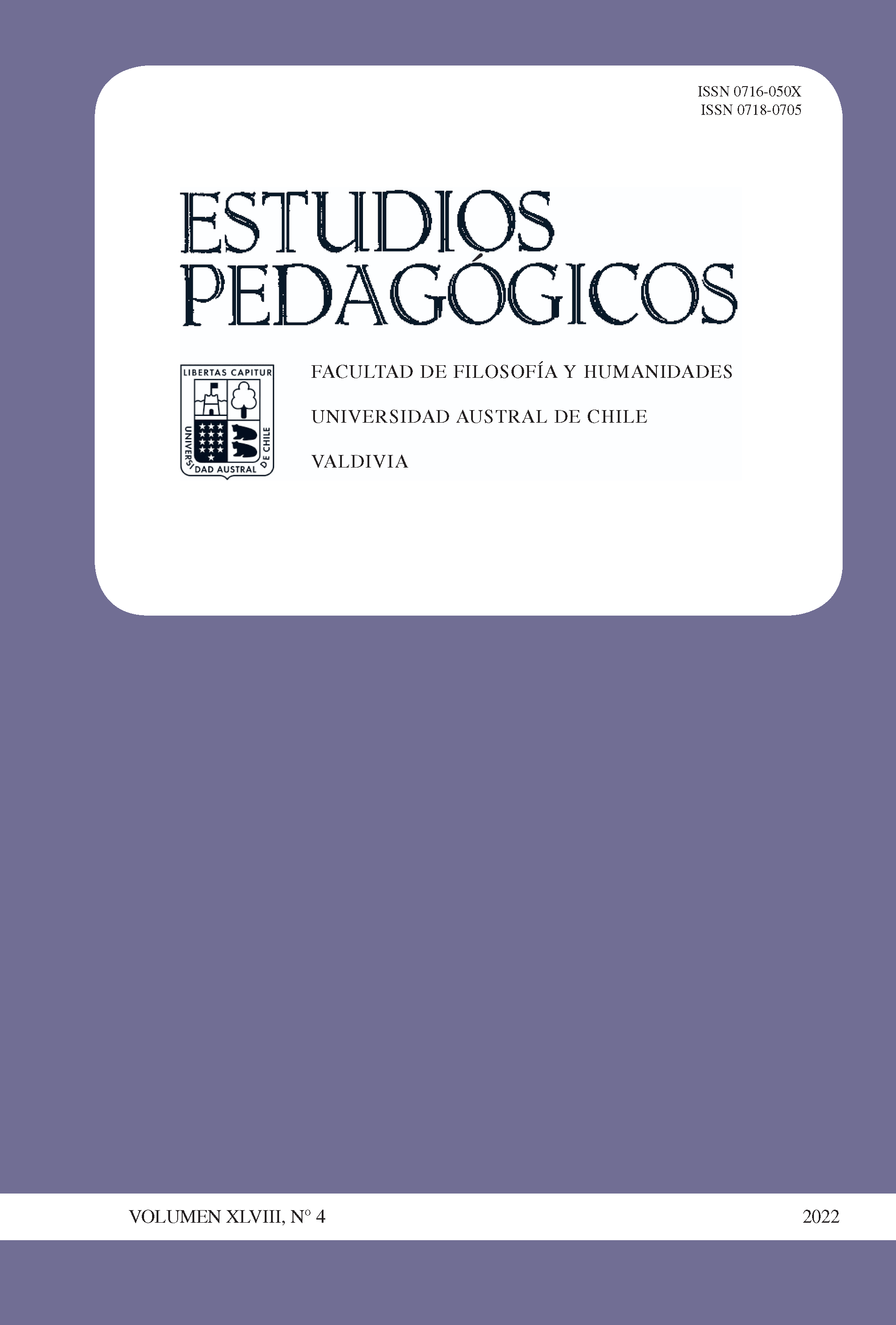Study on the comprehension of the heritage concept underlying the curriculum framework in Chile
Main Article Content
Abstract
The functions of selection, organization and distribution of knowledge are key functions in the curriculum which demand sustained and close attention since the ideological paths acquired by the curriculum updating undertaken depend on them, whether stated or not. (Ferrada y Oliva, 2016). Within this context, this research aims at analyzing the comprehension of the concept of heritage and its theoretical scopes in the educational programs of the country. Drawing from the content analysis of programs in preschool, elementary and high school education the following categories were created: a) heritage approach, b) type of learning objective and content, c) didactic transfer and d) types of teaching resources. The results reveal a conservative vision of heritage, specifically from a monumental and historic approach based on a single, homogeneous national identity. Thus, the curriculum is determined by a curricular approach which is mono-disciplinary and technical. The recommendations are directed towards the rescue and diversification of cultural knowledge and its transformation into pedagogical knowledge.

